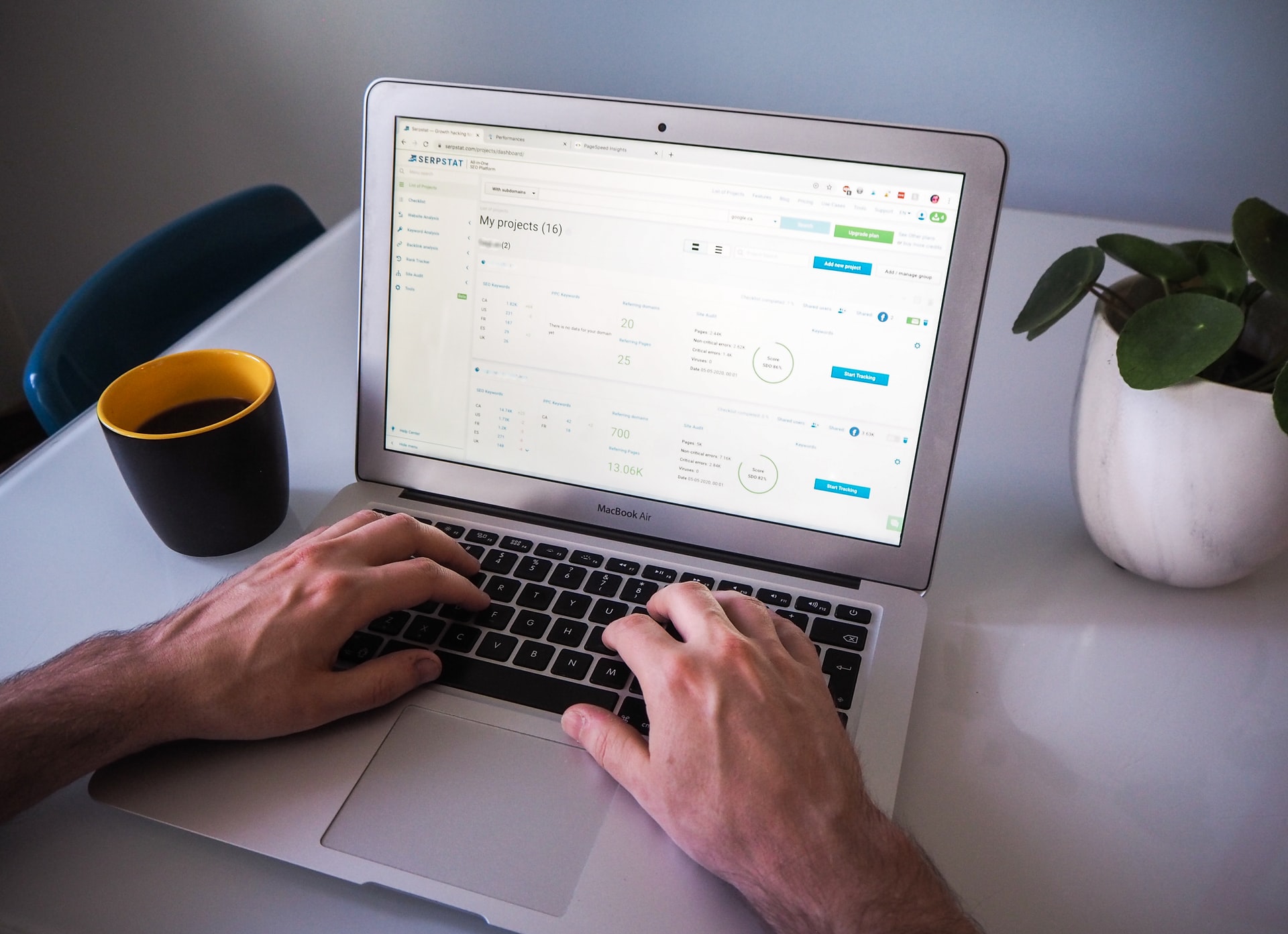
Internal linking is a powerful tool to help improve your website’s SEO. By linking to other landing pages on your website, you can help improve click-through rates, keep site visitors on your site longer, and improve the overall experience for your website visitors.
In addition, internal linking can also help you to improve your website’s ranking on search engine results pages (SERPs). By linking to high-quality, relevant pages on your website, you can help Google, and other search engines better understand the topics you are discussing on your site. This can help to improve your site’s ranking for relevant keywords and phrases.
Internal linking is a superb way to get started if you want to improve your website’s SEO. Here are the seven benefits of internal linking and how to start using it on your website:
1. Improve Website Navigation
If you’re looking to improve your website’s SEO, one of the best things you can do is to focus on internal linking. By linking to other pages, you can help search engines better understand your website’s structure and improve your site’s overall indexation.
2. Boost Your Page Views and Time on Site
Internal linking can also help boost your website’s traffic by directing users to other relevant pages on your site. By providing users with more content to consume, you can keep them engaged with your site for longer and boost their chances of converting into customers.
3. Increase Your PageRank
Each time you link to another page on your website, you’re effectively giving that page a vote of confidence. The more links a page gains, the higher its PageRank will be. By strategically placing links to other pages on your site, you can help increase the PageRank of those pages and improve your website’s overall SEO.
4. Enhance Your Keyword Targeting
When you link to other site pages on your website, you have the opportunity to include keywords in the anchor text. Including relevant keywords in your anchor text can help improve the ranking of the pages you’re linking to for those keywords.
5. Get More Social Shares
Internal linking can also lead to more social shares of your content. If you link to a piece of content from your blog on your website, and someone finds that content valuable, they’re more likely to share it on social media. This can help enhance the reach of your content and bring more traffic back to your website.
6. Improve Your Conversion and Revenue Rates
If you’re using internal linking to direct users to pages where you want them to take any action, such as subscribing to your newsletter or making a purchase, you can directly impact your conversion rates. You can boost the likelihood of visitors reacting to your CTA (call to action) by giving them links to the relevant pages at the right time.
You also get unrivalled ROI (return of investment) with internal linking. Amazon, for instance, positioned itself in Google’s first results on tens of thousands of keywords through internal links.
Most major eCommerce websites can position themselves based on keywords that directly target consumers’ queries by implementing appropriate keyword suggestions and enhancing search engine discovery of new products.
7. Make Your Website More User-Friendly
Finally, you can make your website more user-friendly by carefully planning your website’s internal linking. By linking to related pages, you can help users find the information they’re looking for more efficiently and reduce the number of bounces from your site. A well-structured website with easy-to-follow links is more likely to keep users engaged and coming back for more.
Optimise Your Website’s Links Today!
Internal linking is a vital feature of SEO that should not be overlooked. Properly using internal links can improve your website’s search engine ranking, provide your consumers and visitors with a better user experience, and help keep your website’s content organized and easy to navigate.
Get the help of an SEO expert from Adelaide to boost your website’s SEO. Frank Digital Agency’s team of experts can help you place your website on Google’s first results page. Schedule a free, no-obligation consultation with us now!


